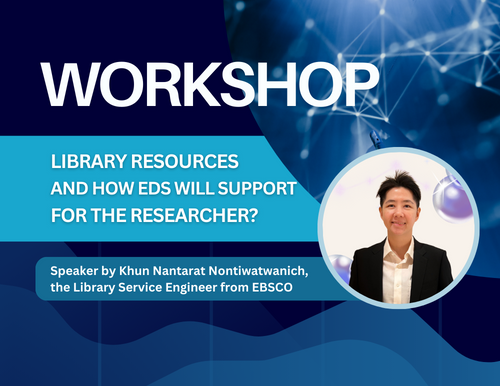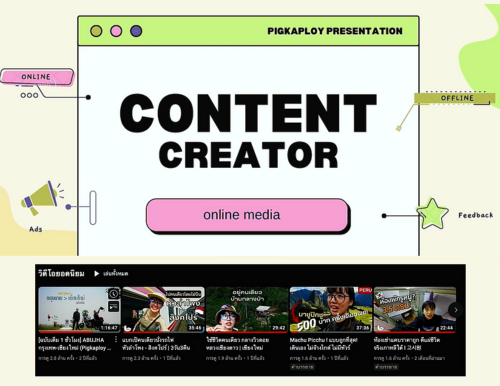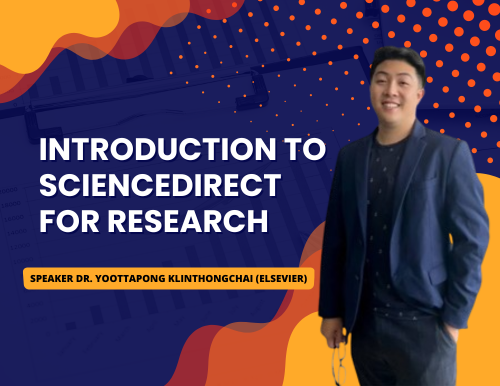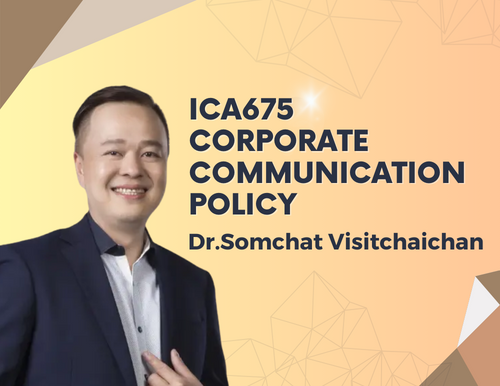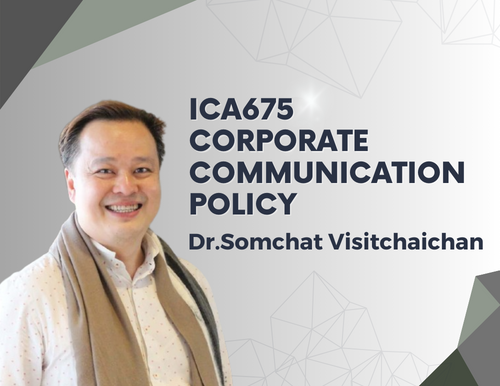The EBSCO database involves searching and accessing high-quality academic articles and research. The steps include targeted searching, reading, downloading, and saving desired articles in the system. Filters and advanced search functions help narrow down results to better match specific needs.
การวางแผนบริหารการเงินแบบฉบับคนรุ่นใหม่ ช่วยสร้างความมั่นคงทางการเงิน ลดความเครียดเกี่ยวกับการใช้จ่ายและหนี้สิน สนับสนุนการบรรลุเป้าหมายในชีวิต ซึ่งยังช่วยส่งเสริมการลงทุนและพัฒนาทักษะการบริหารเงิน รวมถึงทำให้สามารถปรับตัวเข้ากับการเปลี่ยนแปลงได้ดีขึ้น โดย คุณศิรัถยา อิศรภักดี
Talk on strategic marketing communications & brand collaboration strategy by Khun Angsana Puangmalit, Communication Art Major, Bangkok University International
This workshop covers advanced searching and the more sophisticated of databases in the EBSCOhost platform. Library Resources, What is EDS and how it works?, Techniques in “Feature & Setting”, How EDS support the researcher. By Nantarat Nontiwatwanich on January 20, 2024
การบรรยายเกี่ยวกับการแชร์ประสบการณ์ มุมมองความคิดเห็นการทำงาน Content Creator , Influencer การใช้ Platform การทำวิดีโอให้น่าสนใจ และการคิดคอนเทนต์ในการทำงานต่าง ๆ โดยคุณพลอยไพลิน ตั้งประภาพร เมื่อวันที่ 7 กุมภาพันธ์ 2567
This is a method for researching information related to the ScienceDirect database, which covers research in fields such as business management, accounting, computer science, scientific decision-making, economics and finance, engineering, psychology, and social sciences. on December 9, 2023
Lecture ICA675 Corporate Communication Policy
By Dr.Somchat Visitchaichan
Lecture Date:
Sunday 16 February 2020
1.00 p.m. - 6.30 p.m.
There are 3 parts.
Lecture ICA675 Corporate Communication Policy
By Dr.Somchat Visitchaichan
Lecture Date:
Sunday 16 February 2020
1.00 p.m. - 6.30 p.m.
There are 3 parts.
Lecture ICA675 Corporate Communication Policy
By Dr.Somchat Visitchaichan
Lecture Date:
Sunday 16 February 2020
1.00 p.m. - 6.30 p.m.
There are 3 parts.
Lecture ICA675 Corporate Communication Policy
By Dr.Somchat Visitchaichan
Lecture Date:
Saturday 1 February 2020
9.00 a.m. - 12.00 p.m.
and 1.00 p.m. - 6.30 p.m.
There are 5 parts.



